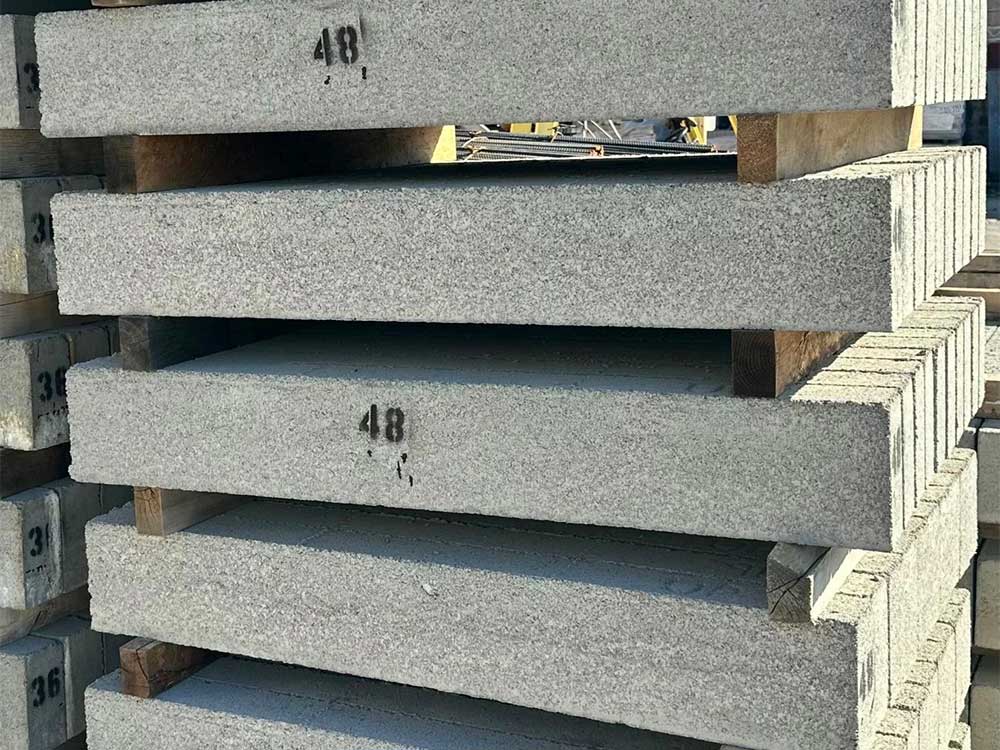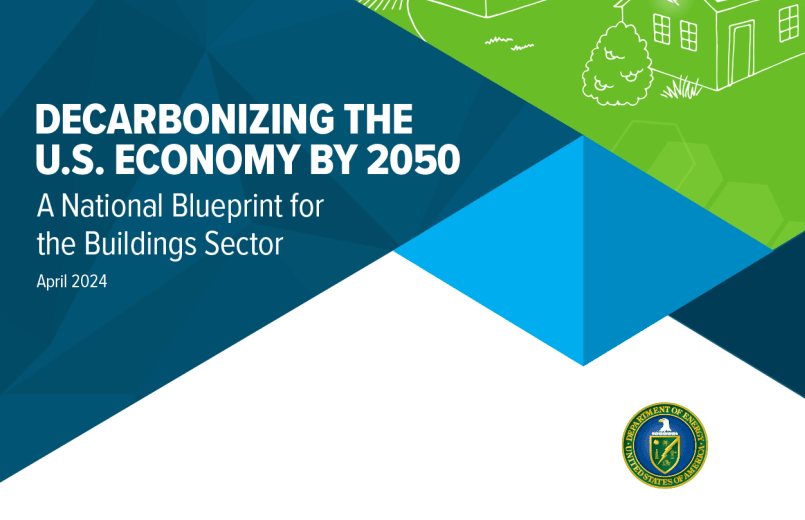Efflorescence
New masonry, concrete, or stone construction often develops a white film in process called efflorescence—affectionately called new building bloom. This white film results from the deposition of salt and soluble bases as moisture evaporates from the surface. Although it may be an aesthetic concern, efflorescence has no impact on the structural performance of the surface. It is quite common and often will resolve itself naturally via rainfall.
In a properly constructed surface, the efflorescence will be consistent and will naturally disappear on its own. If a more immediate solution is desired, a stiff brush can also be used to remove the efflorescence. In some cases, water or cleaning solutions (dilute muriatic acid 1%-10%) may help, but this may also introduce more moisture and exacerbate the problem. Before using a more abrasive method, it is recommended to test the cleaning procedure on a small, inconspicuous area.
Even when constructed properly efflorescence is quite common:
- Using Wet Material- materials should be stored off of the ground and covered with a tarp to prevent moisture
- Ground Contact– naturally occurring salts in the ground may be absorbed by the surface and accumulate in the masonry
- Cold, Wet Weather– these environmental conditions slow evaporation allowing more salt to be brought to the surface
- Dark Colored Surfaces– the white film tends to be more noticeable on dark masonry and stone
- Saltier Water– water that has more dissolved salts (e.g., hard water) will induce more efflorescence
However, if the deposit is heavy or localized, this may indicate that water is accumulating on the other side of the surface. In this case, it is recommended to investigate further with a professional. They may determine that corrective action is needed to better control moisture, which would will resolve the efflorescence.
Finally better design will limit the appearance of efflorescence, and should be followed wherever possible.
- Good drainage- proper installation of waterstops, flashing, weepholes, and copings will allow moisture to quickly move out of the surface. Pay special attention to joints and interfaces. Caulk is your friend
- Sealing or painting prevents porous masonry units from accumulating moisture
- Proper curing- adequate hydration of cementitious materials by protecting masonry from cold temperatures, premature drying, or improper use of admixtures
- Vapor barriers on exterior walls
- Use overhangs and eases to keep rainfall off of the surface
- Use brick that passes the ASTM C67 efflorescence test
- Use lower alkali mortar and cement
A great video from our friends at Nitterhouse Masonry:

Masonry SalesEzzard Brice
Latest News
4 Features That Makes Masonry Supply Company Stand Out
A masonry supply company plays a crucial role in the success of construction projects, providing essential materials and expertise to […]

Choosing The Right Size Lintel For Your Project
Determining the correct size of a lintel is critical for the stability and longevity of your construction project. A lintel […]

Data Misses on Embodied Carbon
There is significant urgency to avoid, reduce, or even reverse the emissions of greenhouse gases (CO2e) to avoid the worst […]

4 Masonry Tools You Should Have At Home
Effective and efficient masonry work, whether for repairs or new projects, requires the right tools. At home, having a basic […]
